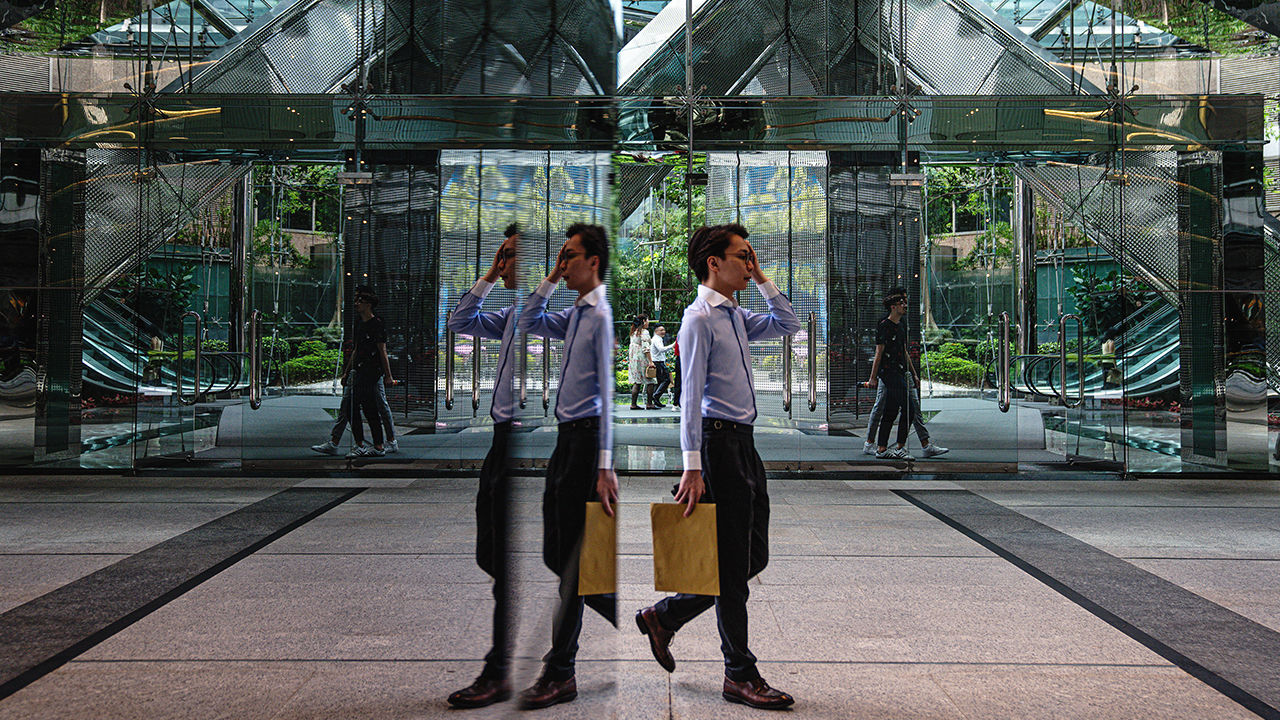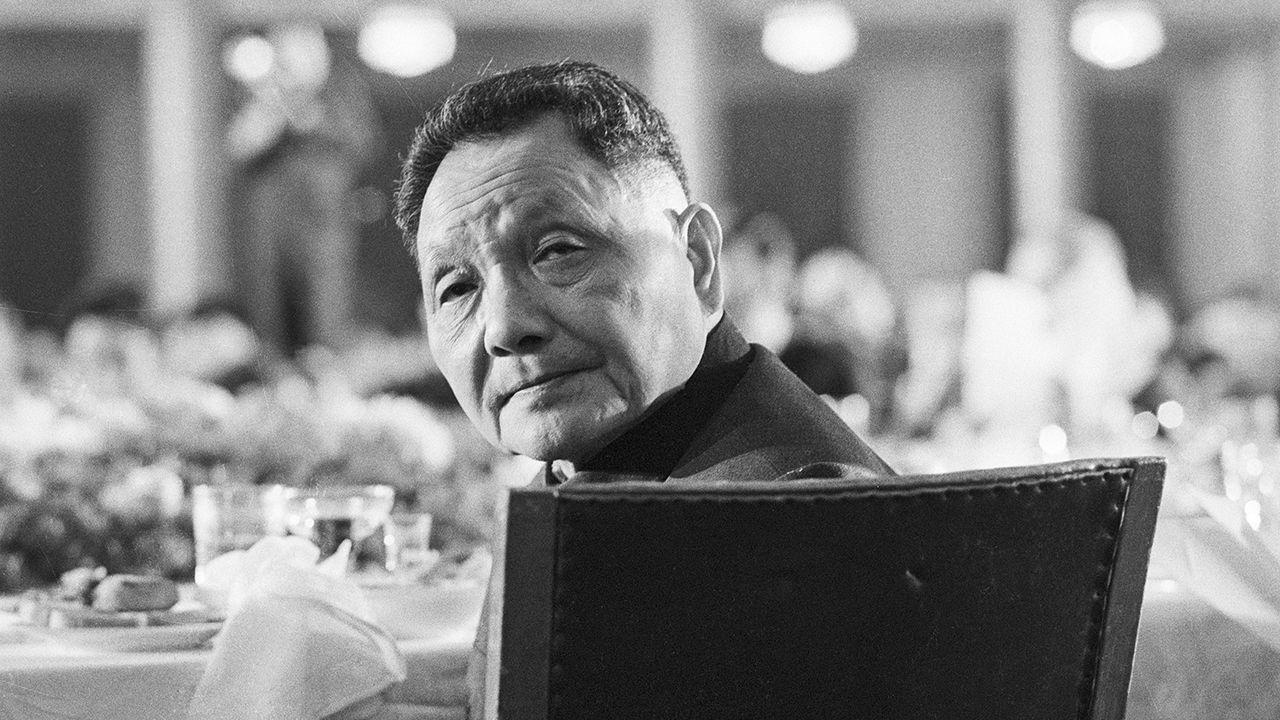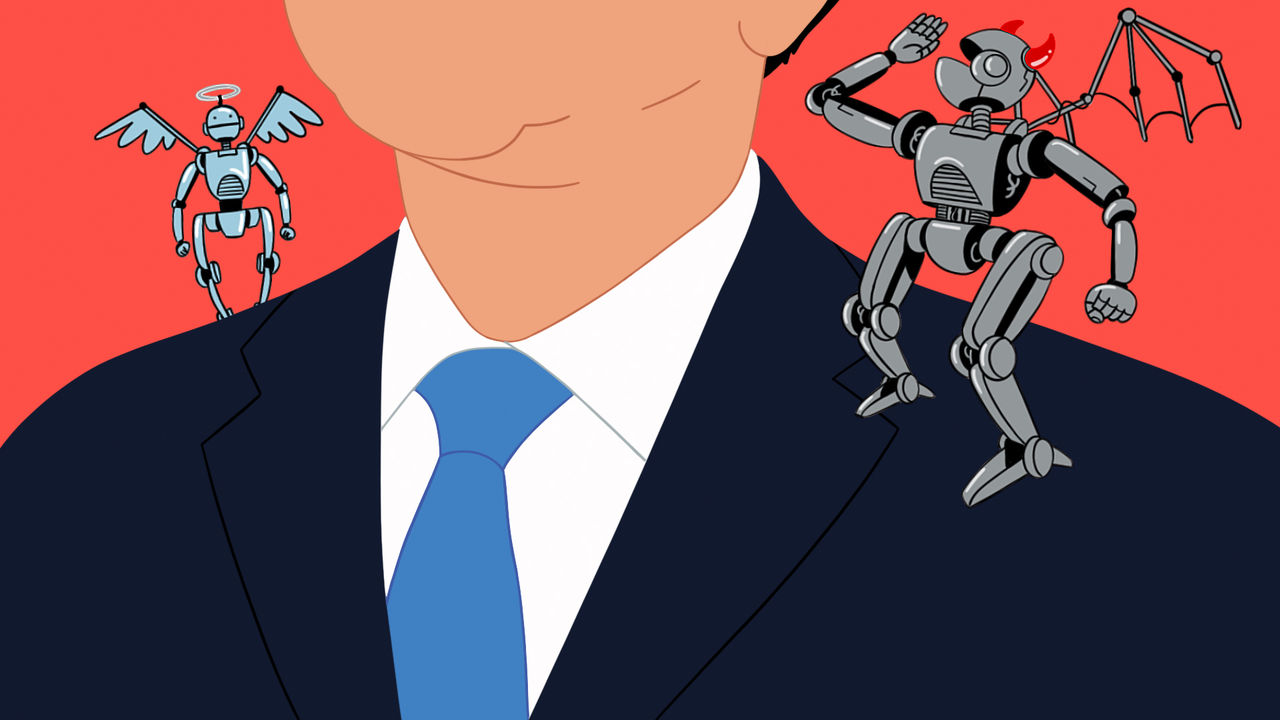The announcement came at a routine press briefing on September 5th. Mao Ning, a foreign-ministry spokesperson, said China was grateful for the “desire and love” of the foreign families who wanted to adopt Chinese children. But, she added, China would no longer allow the practice. Exceptions would be made for foreigners adopting stepchildren and children of blood relatives in China. For everyone else the new policy would take effect immediately, meaning even adoptions already in progress would be halted. The Economist
Year: 2024
Can Xi Jinping take Hong Kong “from stability to prosperity”?
“FROM CHAOS to order, from stability to prosperity.” That is Xi Jinping’s goal for Hong Kong. Ever since pro-democracy protests swept the city in 2019, China’s ruler has tried to reimpose control. In many ways he has succeeded. Today Hong Kong is less tumultuous than it was back then. The covid-19 pandemic, which saw the city close itself to the world, helped to calm things down. So have two draconian national-security laws, one imposed on the city by the central government in 2020 and another adopted by the local legislature…
How to get kicked out of China’s Communist Party
China’s Communist Party has over 99m members. So it is no surprise that some are not up to scratch. The corrupt, criminal or disloyal are handled by the party’s fearsome internal-investigation arm, the Central Commission for Discipline Inspection. It has punished thousands of officials in recent years. But that still leaves another kind of troublesome member: those who have not broken any laws, but just aren’t very good communists. The Economist
Liberalism is far from dead in China
Walk into the All Sages Bookstore in north-western Beijing, and you enter a different world. Not here the collections of speeches by China’s leader, Xi Jinping, that greet visitors to state-owned bookshops—rows of covers with the same face, the same beneficent smile. The founder of All Sages, Liu Suli, served 20 months in prison for his role in the Tiananmen Square protests of 1989. His shelves are filled with the works of free thinkers: economists and political scientists, historians and legal scholars. The potential market could be bigger than it…
China Maritime Report No. 41: One Force, Two Force, Red Force, Blue Force: PLA Navy Blue Force Development for Realistic Combat Training
Since the mid-2010s, there has been a concerted effort to professionalize a PLAN “blue force” as an opposition force, or OPFOR, in maritime exercises and training. The People’s Liberation Army (PLA) routinely refers to its blue forces as metaphorical “whetstones” used to sharpen the PLA for a future fight against enemies of the People’s Republic of China (PRC). Efforts to develop a PLAN blue force appear to have accelerated over the past several years in response to Chairman Xi Jinping’s decade-long demand for more realistic combat training. This report examines…
Why Xi Jinping is envious of his predecessor
DENG XIAOPING was barely five feet tall, but China’s late ruler was a political giant. He was a leading figure in the Communist revolution and a hard-nosed Leninist. Yet, as ruler, he launched market-oriented reforms and opened China up to the world. On August 22nd, the 120th anniversary of Deng’s birth, China’s current leader, Xi Jinping, lauded his “extraordinary life”. The Economist
Is Xi Jinping an AI doomer?
IN JULY last year Henry Kissinger travelled to Beijing for the final time before his death. Among the messages he delivered to China’s ruler, Xi Jinping, was a warning about the catastrophic risks of artificial intelligence (AI). Since then American tech bosses and ex-government officials have quietly met their Chinese counterparts in a series of informal gatherings dubbed the Kissinger Dialogues. The conversations have focused in part on how to protect the world from the dangers of AI. American and Chinese officials are thought to have also discussed the subject…
Millions of Chinese people play guandan. Is that good or bad?
In America businessmen learn to play golf in order to fit in and foster relationships. In China they learn guandan, a card game that has become a staple of business meetings and banquets. Millions of Chinese people enjoy it. “Eating without playing doesn’t count as a meal,” says one executive. Guandan, which translates as “egg tossing” or “bomb tossing”, involves four people in teams of two. Players try to shed their cards by forming various combinations. The game can last for hours and usually involves a lot of chit-chat. The…
Why are VPNs getting slower in China?
“The internet is not beyond the law!” warned police in Fujian province earlier this month. They had recently arrested a man, identified as Mr Gong, for using a virtual private network (VPN). This is a piece of software that can make it appear as if a computer or mobile phone is in another country. VPNs thus allow netizens to bypass the “great firewall”, as China’s system of online censorship is known. By using one, Mr Gong had allowed “false foreign information” to flow into China, the police claimed. The Economist
Time for China to get serious about its methane emissions
CHINA IS OFTEN criticised for its emissions of carbon dioxide, which dwarf those of other countries. By way of defence, Chinese leaders can at least point to their official goal of having those emissions peak by 2030. But China is also the world’s biggest emitter of methane, another greenhouse gas. It produces about 14% of global emissions each year. When it comes to methane, Chinese leaders have less to say in their defence. They are just starting to grapple with the problem. The Economist








